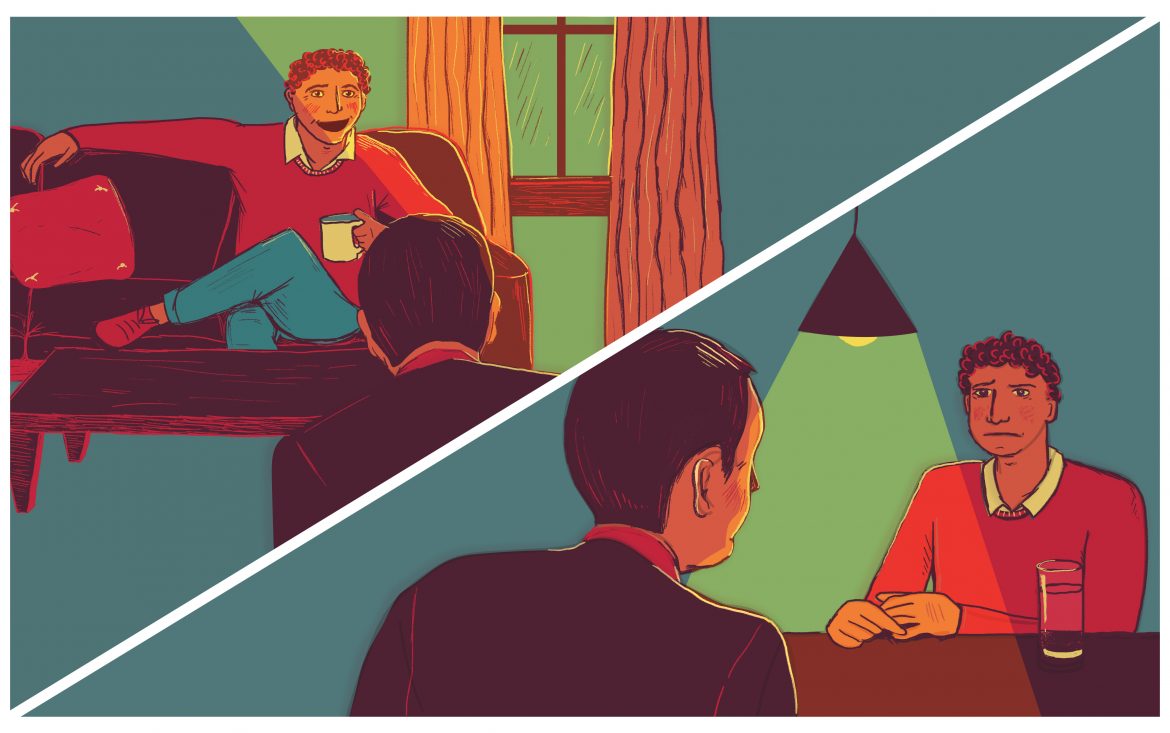
The interview room isn’t as straight forward as we’d all like it to be. There are subtleties involved that make or break your chances of a job. Gone are the days, where all you need to prepare for answers to ace your interview. Sure you’re qualified, you’re great at your job, you can prove it and you’ve got shining experience letters that prove all this. However, recruiters and hiring managers often read things like body language and voice intonation to put further trust that you are serious about the job and they can trust what you say. Here are 3 tips you should pay attention to before you go to your next interview.
1) Body language
Yes, even the slightest slouch, hand gesture and nervous taps matter. For instance, when you sit and are asked questions if you slouch, you are making yourself smaller and diminish yourself in the eyes of your interviewer. Fidgeting, playing with your buttons and tapping your feet might send a signal that you are nervous. Recruiters pick up on these signals and when the competition is tough, they base their decisions on the level of confidence candidates inspire.
2) Tone and articulation
This goes beyond avoid the um… ahs…hmm, you can get away with those if your answers are clearly put together. Sometimes, when you take too long to get to your point interviewers might think you’re making things up on the spot. This isn’t great. Especially, given the fact that you’re in conversation with them about you and your skills. Instead practice to common questions and ask questions when things are unclear.
3) Your Answers
Rehearsing your answers are great but when you spit them out like you’ve rehearsed them. It’s in your interest to keep things conversational. Remember, you will be spending 8-10 hours 5-6 days a week and if you’re too dull then maybe the interviewers will think that you are the same in your day to day activities. Being personable makes things easier and, a very important plus, it breaks communication barriers. In the interview room, your good personality is your secret weapon. It helps you build communications bridges and makes you stand out.
Proving your technical skills in a job interview is easy. You can take a test, demonstrate your skills in a task. However, your soft skills are equally important. These are very necessary to any professions. Can you work in a team, can you communicate clearly? Are you good with feedback? These are harder to prove and you can only prove them in the interview by meeting with your manager and they track subtle cues you leave in every answer and gesture. Hence, the importance of paying attention to them.
Source: Ethiojobs.net
